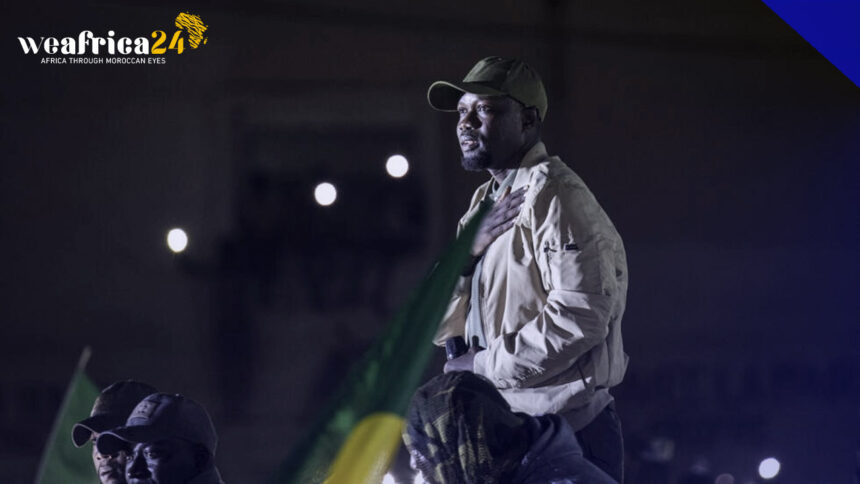In Switzerland, the former Gambian Minister of Interior, Ousman Sonko, remains a defendant in a historic trial before the Federal Criminal Court, facing charges of crimes against humanity, torture, abduction, and extrajudicial executions.
This week, the focus of the trial shifted to the repression of a coup attempt in March 2006, shedding light on a panel of investigators that was established and involved in the interrogation of suspects at the intelligence headquarters, where multiple abuses occurred. Several victims have pointed fingers at the ex-minister.
Through poignant and emotional testimonies, numerous Gambians recounted the brutal interrogations they endured at the intelligence services, detailing beatings, torture, and sexual assaults. These cruel methods aimed at extracting confessions.
The role of Ousman Sonko in these events is under scrutiny. As the former head of the police at that time, he did not directly participate in the interrogations, but he is accused of being a member of the panel overseeing the operation and failing to report the abuses.
Defense attorney Philippe Currat vehemently denies any responsibility on his client’s part. According to Currat, the panel’s president asserted that Ousman Sonko was not involved. While the ex-minister visited the premises occasionally, he did not witness the abuses and had no control over the torturers.
“There is nothing against him. Even if he had been aware of the mistreatment, it does not entail his criminal responsibility,” states the lawyer. Currat goes further, accusing some witnesses of lying and coordinating changes in their accounts to secure a conviction. “I hope the judges will not be deceived,” he adds.
Benoît Meystre, legal advisor for Trial International, the NGO behind the trial, argues that Ousman Sonko bore responsibility due to his high-ranking position. Regarding the victims, he emphasizes that they can finally express themselves not just before a prosecutor but in a court, a crucial distinction.







